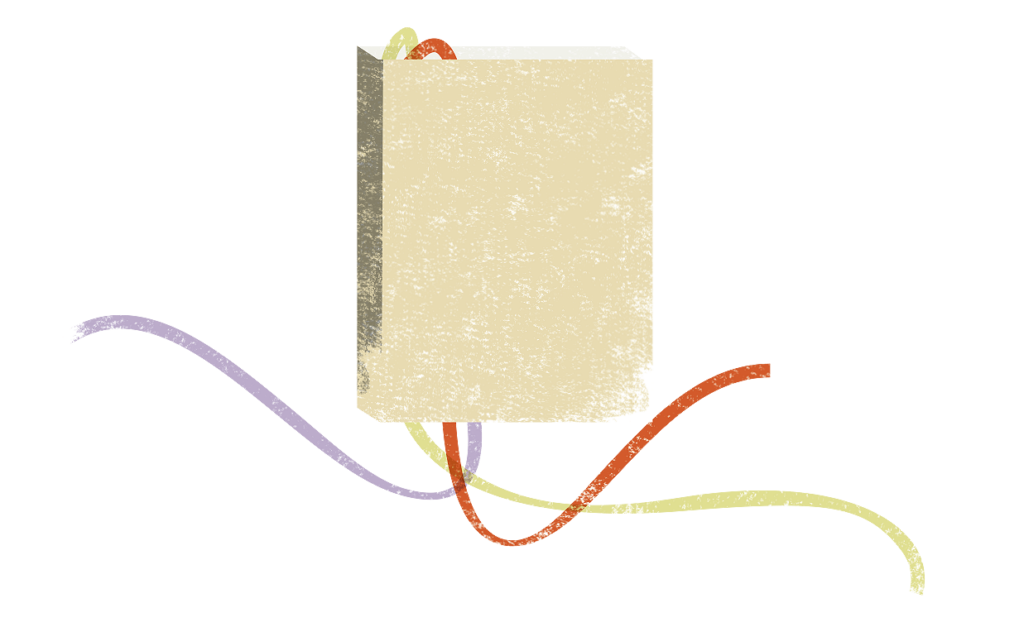What is special about NSLA libraries?
To celebrate our 50th anniversary, we’ve launched an animation that tells the story of who we are and where NSLA began, illustrating our collective efforts to preserve and share the stories, knowledge, and creativity of Australians and New Zealanders.










